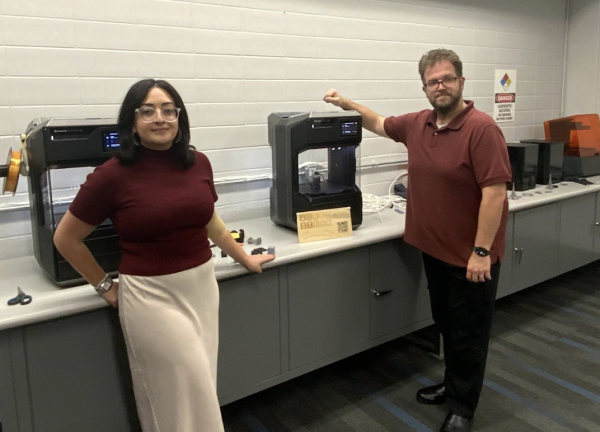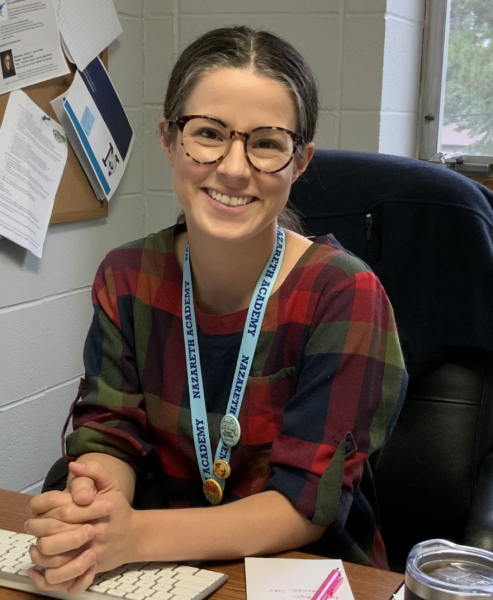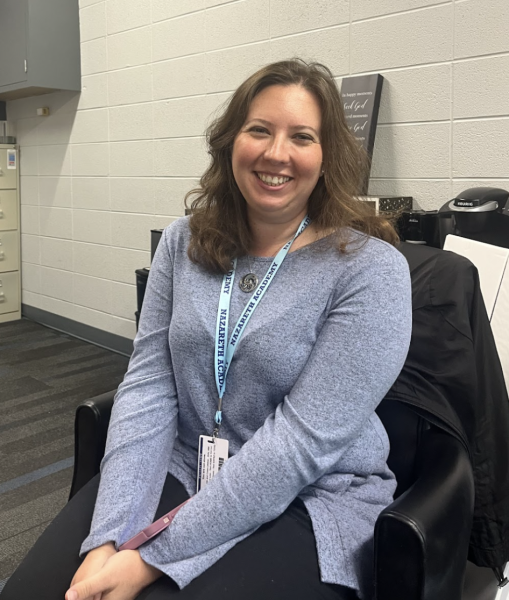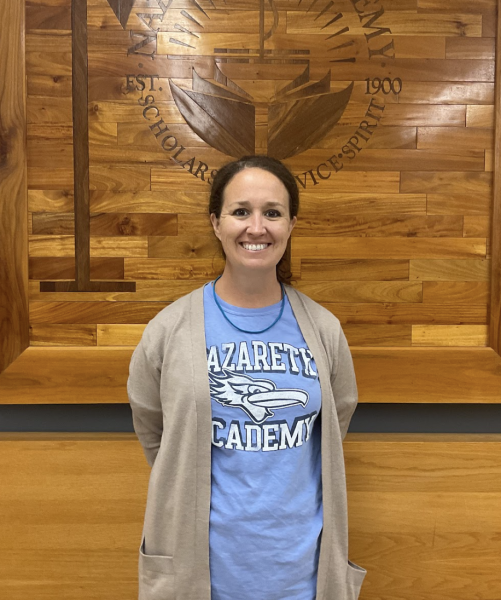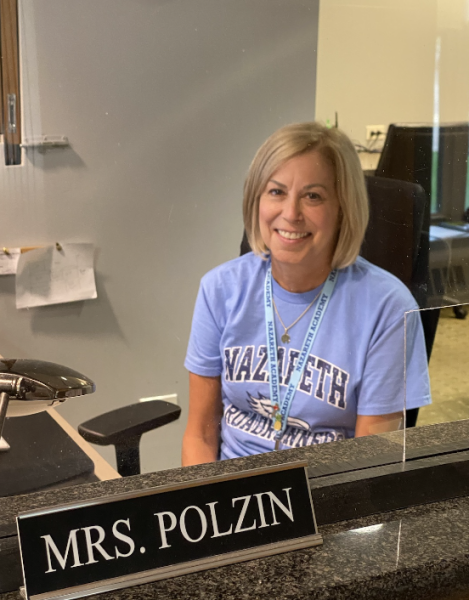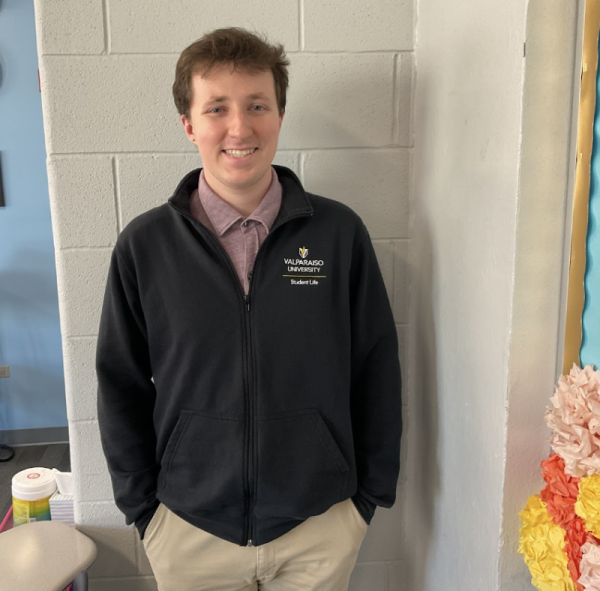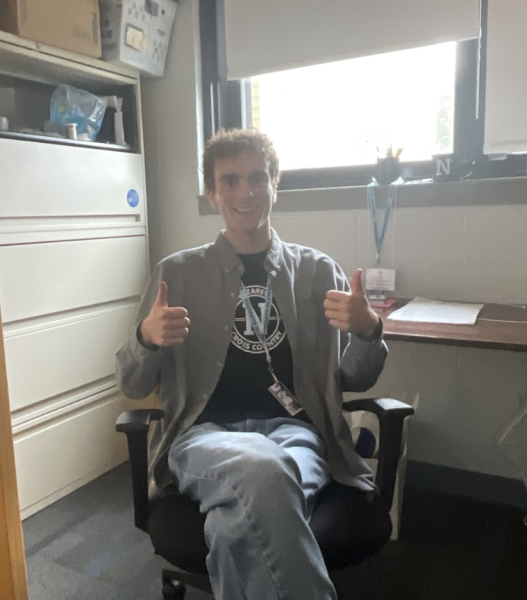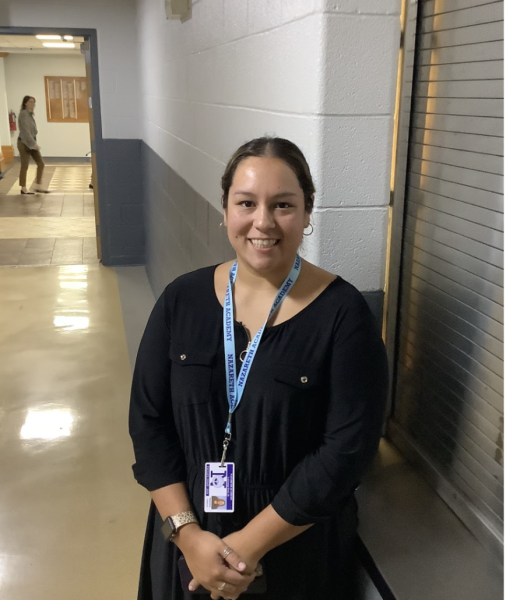Mental health awareness grows in importance
December 12, 2015
One in four adults and 20% of youth ages 13 to 18 deal with mental illnesses. In the past few years, mental illness awareness and education has greatly increased, in large part due to social media and specifically, mental health awareness week (October 4-October 10th).
Mental health is defined as emotional, psychological, and social well being and determines how people handle stress, relate to others, and make choices. Mental illnesses include anxiety disorders, depression, eating disorders, dissociative disorders, and many others that, as of 2013, affected 61.5 million Americans.
Some of the themes for this year’s mental health awareness were #IAmStigmaFree and #ChangetheConversation in hopes to stop people from using mental illnesses as insults and to realize that mental illnesses are not a matter of laziness, but a very serious issue that needs to be talked about.
Junior Nicole Hasan agreed with this, saying “I think we need to bring more awareness to these issues because some people speak of them as if they aren’t real, or they are easy to control and sufferers are just weak, but that isn’t true and we need to help people see the truth.”
And changes are being made. Specifically, DoSomething.org created an organization called Crisis Text Line, a free, 24 hour mental health service that allows people to reach crisis counselors whenever they need them. Not only has this organization helped save lives, but by analyzing the messages they receive, they have learned a lot of useful information, for example that messages spike during lunchtime, that Monday is the worst day of the week for eating disorders, and they even have an algorithm set up so that if someone texts that they are considering suicide, they are put to the top of the queue and given attention right away. And they have made all of their data available at crisistrends.org so that schools and families can learn from it.
If you are ever in need of help, Crisis Text Line can be reached at 741-741.
National Suicide Prevention Lifeline: 1 (800) 273-8255

